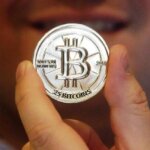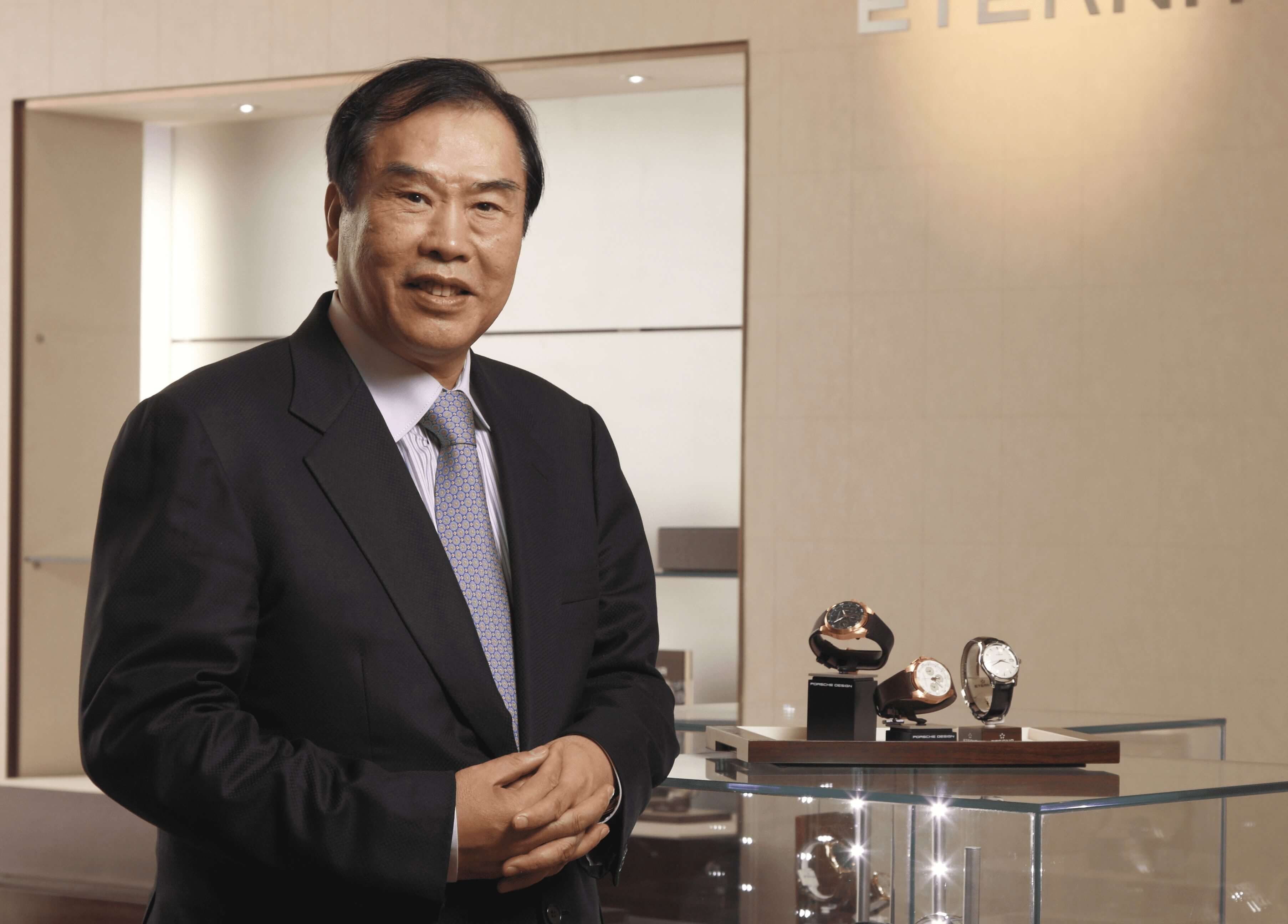Being a startup founder is an exercise in a strange and almost inexplicable physics. We are taught not to believe in magic, but when you look at how founders create and what happens when they do what they do, you realize that incredible and almost inexplicable things frequently happen. Recall the familiar shape of a hurricane on the weather report: We can see the round spot at the center where the air is relatively motionless, while the force of motion around that center is remarkable and far-reaching. How does this process get started, and where does the power come from?
It is clear to see that there is something invisible at work — literally at the center — a cause with a far-reaching effect. When we are talking about people, or more exactly, founders, they are much like the center of that storm. They exert influence and guide the trajectory and behavior of things. Founders influence money, customers, employees, partners, material goods, where people live, how people commute to work in the mornings, how they communicate, what they are thinking, and a million other aspects of the world around us. An interesting thing about this process of creating — of being a founder — is that it always starts with an idea. Founders are people that for some reason have come to possess a compelling idea about how to create value. And the founder’s journey starts as (and ever continues to be) the process of sharing that idea with others, and recruiting people and resources to manifest, evolve, and propel that idea.
For founders, the name of the game is to make things better for people. Rather than moving the world through force, a founder uses the power of offering value — in such a way that people align for their own reasons to make things better for themselves. After all, cooperation, enthusiasm, and the movement of money are all predicated on the idea of “better”: A better computer, a better way to buy books online, a better mousetrap — a better anything — is the starting point for creating an emotional gradient that will move people. That starting point of recognition — an emotional response — marks the first beginnings of the swirl of activity that can eventually become a significant pattern that plays out with wide reach.
The more you look, the more you’ll see examples of how ideas manifest and grow to change the shape of society, and even of the planet itself. Like magnetic or gravitational forces in physics, great ideas — ideas that can move people to action — have something invisible that exerts an influence in the wider space around them. What founders do with this is incredibly interesting — they create a field that penetrates through the membrane of the now, and reaches into the future. It is like punching through time into another as-yet unrealized world, where the founder’s idea plays out its “next” and “next, next” manifestations. Ideas are never about now.
Ideas are about how any aspect of our world can be better in the next moment, in the next year, or deep into the future. Ideas that survive the test of time and continue to play out and make a difference are the ones that continue to create a compelling emotional gradient, the spur to action, the willing and fervent cooperation of people to move into that future — a better future that we want to experience and share. Founders puncture the boundary between where we are and where we can be, and in so doing, they create an ephemeral and somehow inevitable force that people subscribe to, follow, and help propel. And in the process, the shape of the physical world is changed in massive and subtle ways. If that isn’t magic, what ever could be?
Written by Kevin Ready of Texas Enterprise.





























